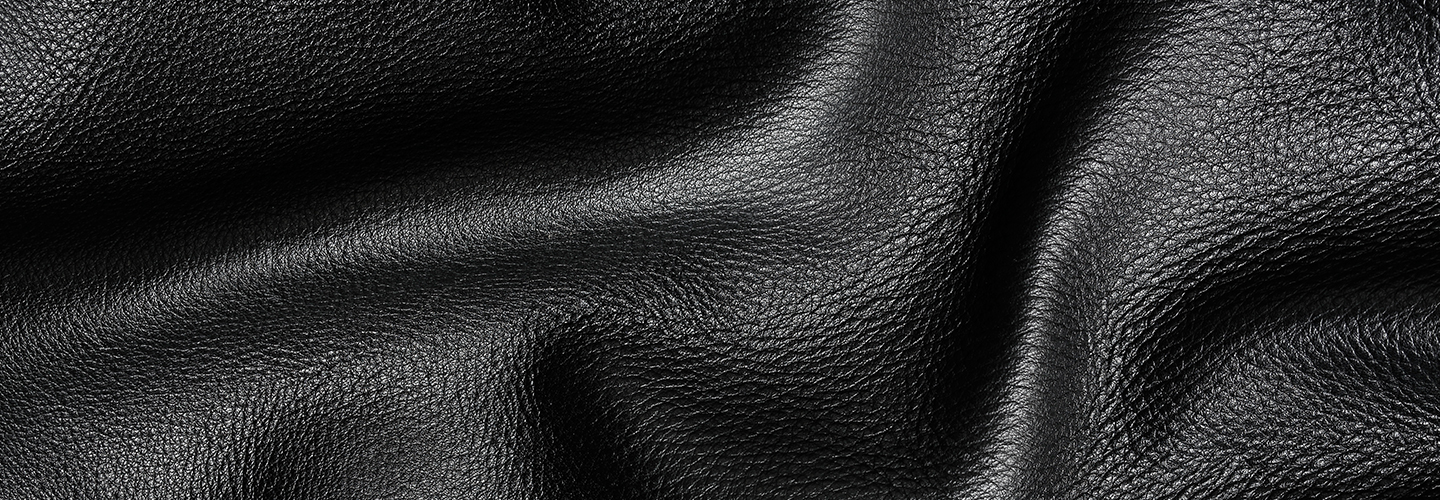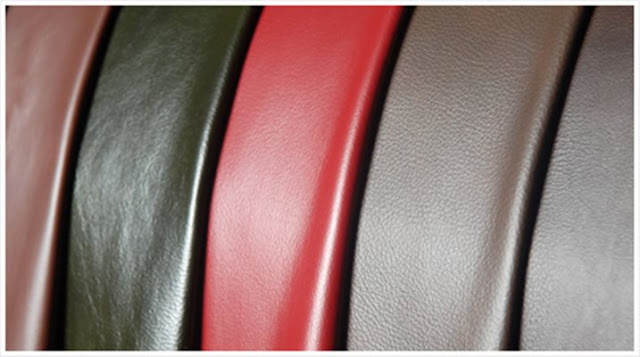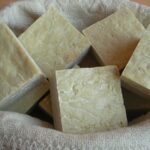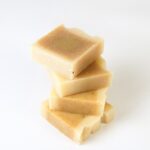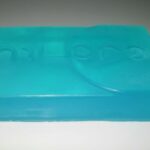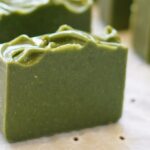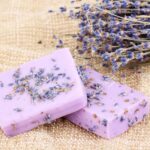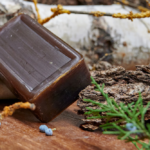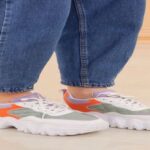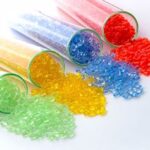What is leather?
General Properties of Real Leather
Benefits of Real Leather
Types of Leather
How to Spot Real Leather
Leather is an important material dating back to prehistoric times. The place of leather, which is used in all areas of life, has a special importance in our lives. In particular, jackets, coats, shoes and accessory products come to the fore in the fashion world.Bright, lively and stylish appearance of it adds a different atmosphere to the goods or clothing models. At the same time, its durable structure stands out as a very important detail. There are many different types of it that is frequently used and loved. All about leather will be explained below.
Leather consists of certain parts such as back, neck, skirt and legs. The most common and valuable tissue is the back part. Leather is divided into different sections according to its usage. For example, leather types for clothing models, leather types used in shoe production and decorative products are obtained as a result of different processes. Leathers used for clothing types are classified according to their tanning and finishing processes. Leather, one of the oldest materials, provides a very advantageous use with modern tanning and finishing methods.
General Properties of Real Leather
- It has a soft texture.
- Also, it is durable and not easily deformed.
- It has a natural structure and allows air and water circulation thanks to its superficial holes.
- Since it has a breathing tissue, it prevents moisture formation.
- It has a very flexible texture. Thanks to this feature, it makes shoes much more useful.
Benefits of Real Leather
- Keeps you cool in summer and warm in winter thanks to its breathing texture, it prevents moisture build-up.
- It does not carry risks such as rapid tearing and deterioration.
- Its moisture-absorbing feature prevents the formation of odor and bacteria on the feet.
- Thanks to its natural properties, it is also extremely beneficial for health.
- With its stretchable structure, leather shoe models take the shape of the foot over time.
Types of it
Its types appear in many different products and in many different designs. The diversity of types of it is very important in terms of texture and quality.
Screw:
It is obtained by tanning cattle, calf and horse skins with chromium salts. It has undergone the finishing process and it has various colors and soft texture. Moreover, it is used especially in the production of winter shoes and military boots.
Oily Leather:
It is thick and matte. Also, it is slightly waterproof. People produce winter shoes with this one.
Glase:
Raw goat leather treated with chromium salts are leathers on a soft surface, which are glass-finished and painted in various colors.
Patent leather:
It is obtained from the raw skins of animals such as calf, cattle, goat, kid, camel, horse and sheep. It is a soft with a very shiny appearance that has been finished after the tanning process.
Suede:
It is obtained after tanning of raw leather with chromium salts. This type has undergone finishing, has a soft and velvety texture. There are different color alternatives.
Nubuck:
It is obtained after sanding the leather skin. It differs from suede for two reasons. Nubuck has a smoother suede texture and is tougher. Its surface is much closer to velvet in feeling.
Napa:
In shoe making, people prefer this. This one is more alive and full. It does not have as prominent pores. It is more water resistant than other types.
Floral Leather:
People produce it by covering the glass part of the leather with paint after sanding. It has a very glossy finish. It gains a wavy appearance as a result of passing over it with a brush.
Cork:
Sole and heel part of shoe models use this. Furthermore, it is a mixture of cork powder and rubber. It is a lightweight and thermal sole.
How to Spot Real One?
Real one has a unique smell. It smells natural and light. Compared to artificial one, real one does not ignite immediately when you hold it on fire. Real one has small pores on its surface. Artificial one does not have such pores or has a symmetrical arrangement. The pores in real one allow the skin to breathe. At the same time it has a soft texture, is long-lasting and durable.
Real one is an important raw material. This one is much more advantageous in terms of environmental protection. Since artificial one goes through a completely chemical process, it causes a lot of damage to the environment in its production. At the same time, artificial one, which has become a chemical residue, does not disappear from nature for many years. In addition to these side effects, there are many harmful effects for the user. Real one, on the other hand, is environmentally friendly.
